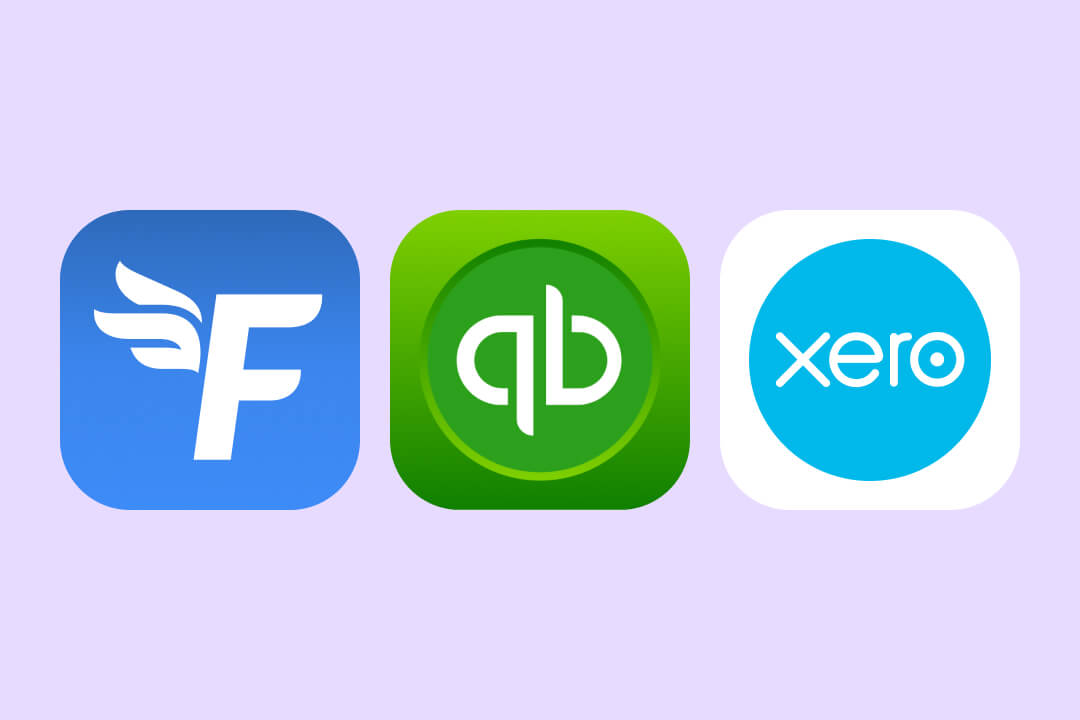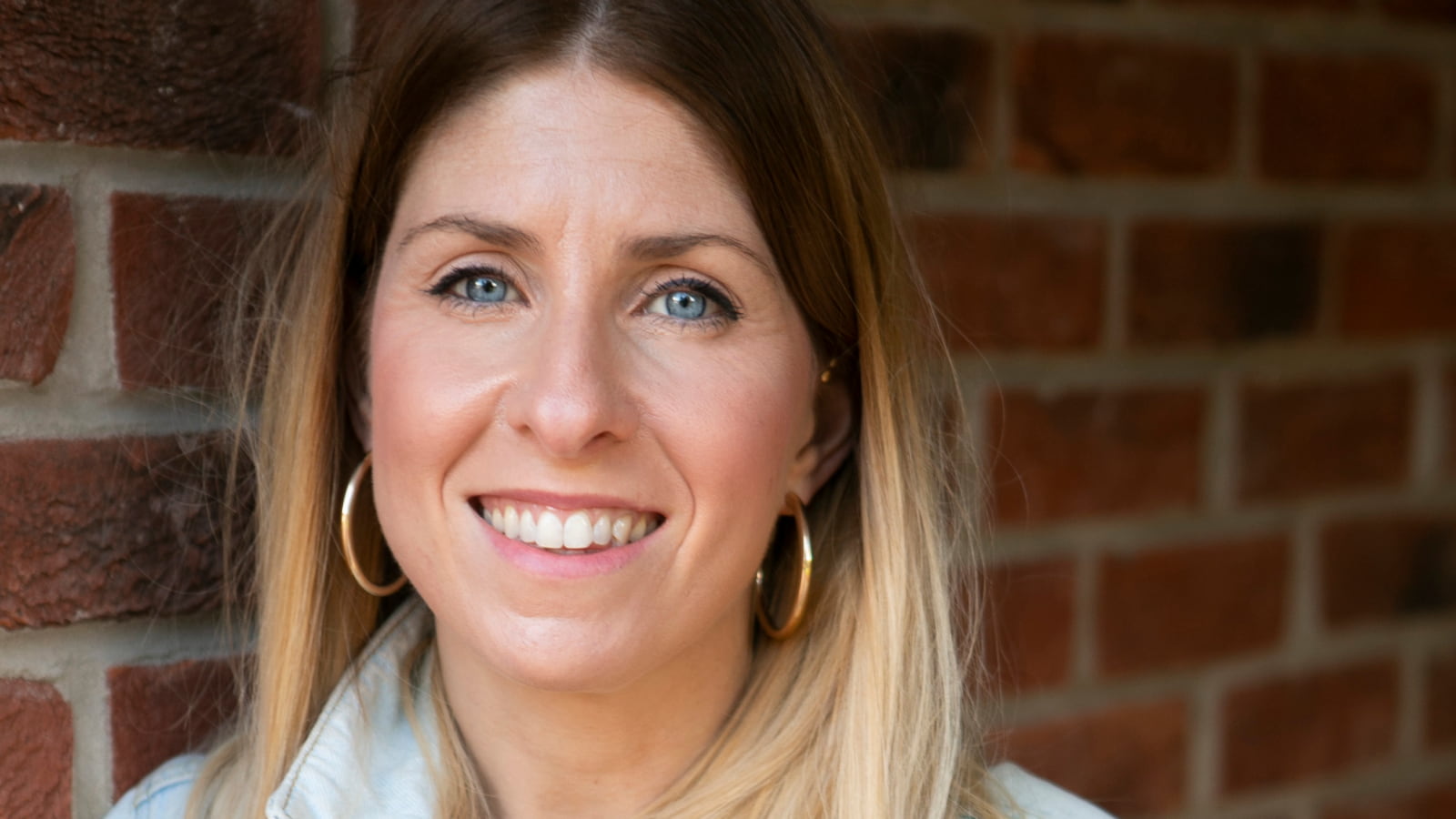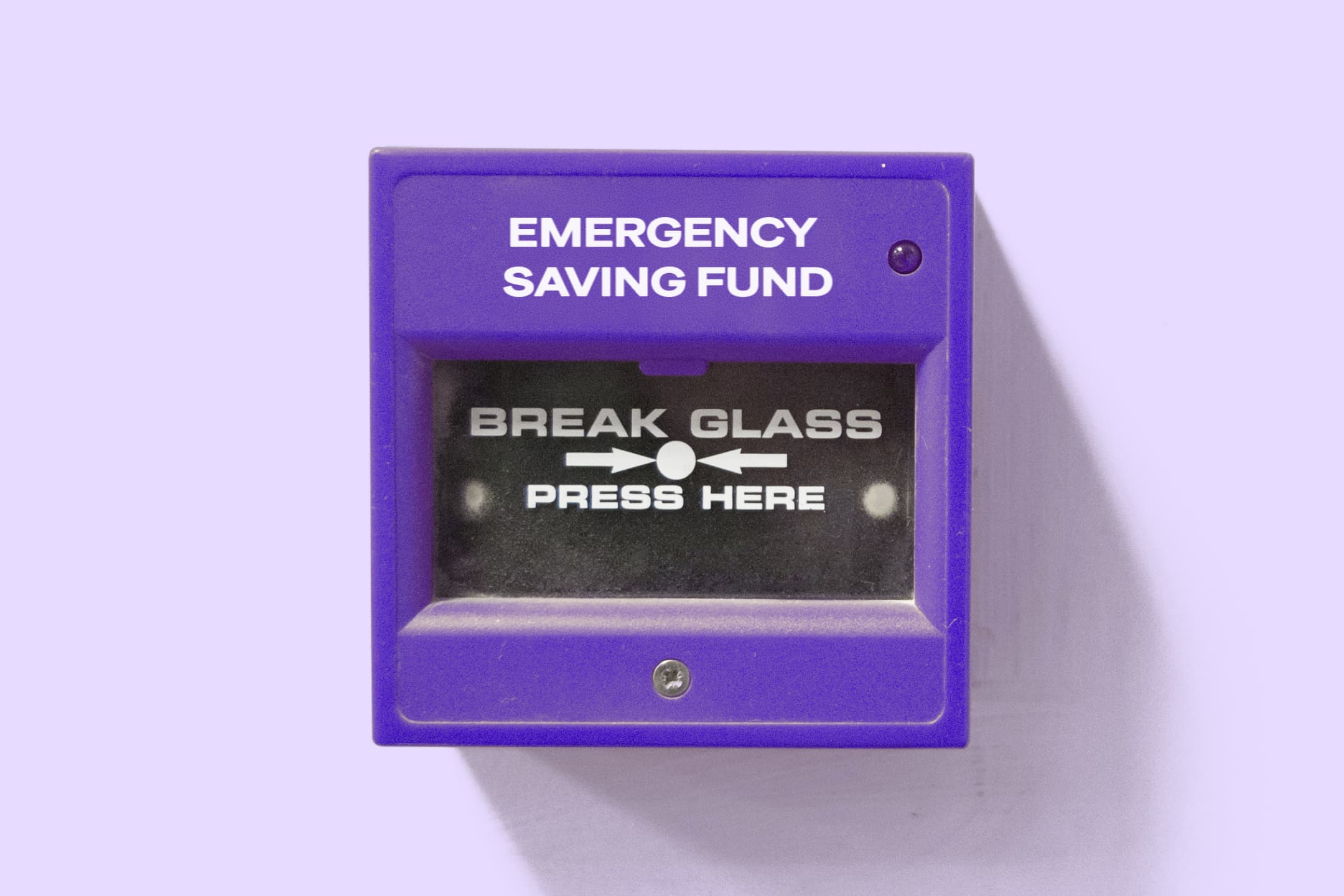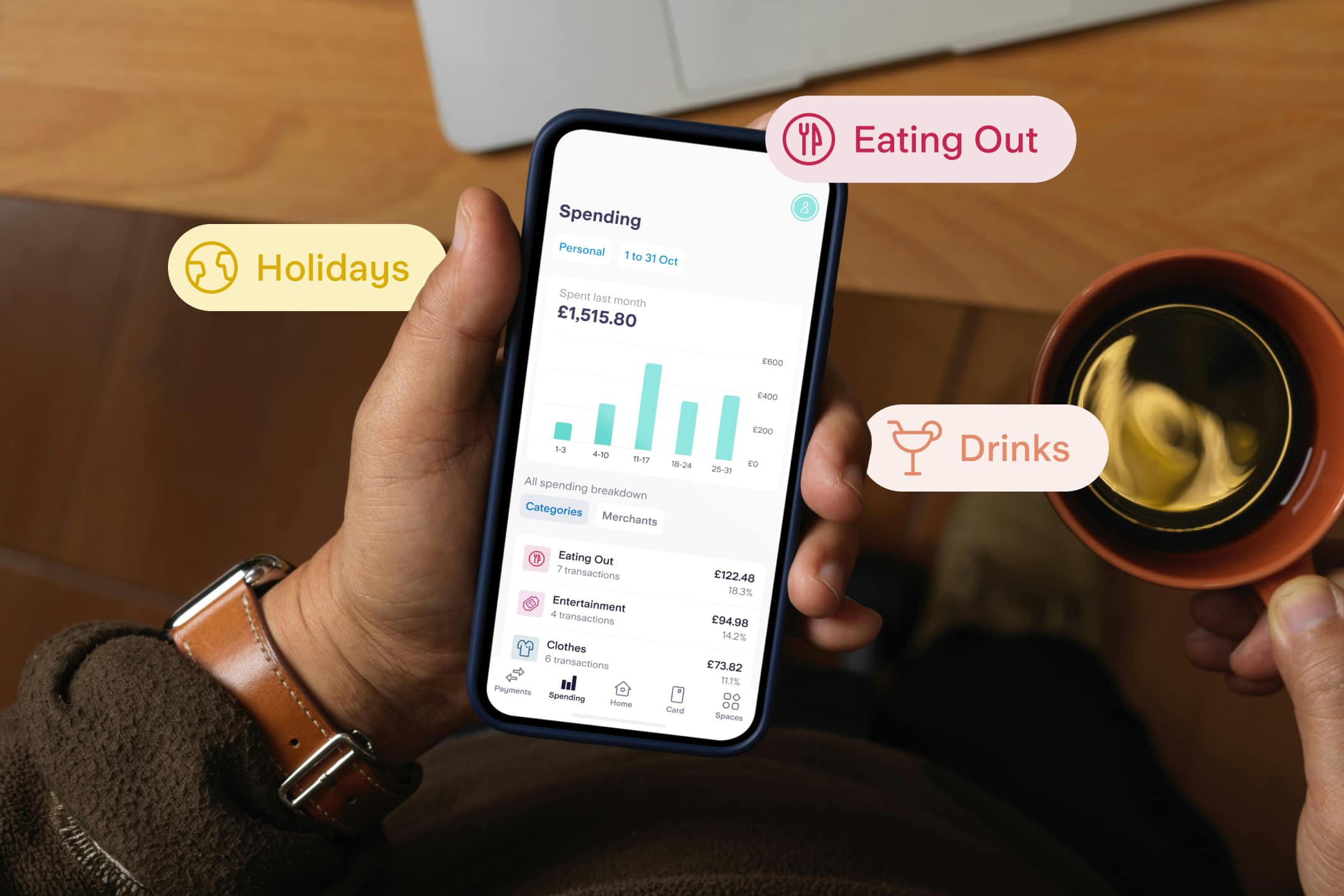
Business
A round-up of accounting software options for Starling business customers
24th May 2024
29th June 2021

“I literally started selling things from my kitchen table,” says Hertfordshire-based entrepreneur Julie Rennison. “My husband was away for a week and I had a four-year-old and five-week-old to look after. Researching how to start a business helped keep me awake to do the night feed,” says Julie, 42.
Through her business Belle Butterfly, founded in 2013, Julie sells purses, soap, candles and jewellery, mainly sourced from British start-ups. At first, she sold products at fairs and markets. She built a loyal customer base who stayed with her when she moved to online-only sales.
“After a while, I had a number of mums approach me to ask for business advice after seeing what I’d done with Belle Butterfly,” she says. “That’s how BB Group was born.”
Julie’s second business, BB Group, helps fellow founders and business owners with business development, brand strategy and social media management. She works with five contractors through BB Group and runs Belle Butterfly with her business partner, Shelley Hall. She uses Starling to manage the finances for both businesses.
For anyone starting a business, her key advice is to stay flexible. “In the last year, all of our clients have had to change their business models. We’ve seen first hand just how important it is to be open to new opportunities.” Her clients include a boutique, originally only bricks and mortar, and several fish and chip shops, all of which needed to set up and market click and collect services.
A strong social media strategy is also critical. Julie set up her Facebook page for Belle Butterfly before creating a website, meaning that she had a free, simple way to engage with customers from the beginning. “Start out with one or two social media platforms and expand when you’re ready - don’t try to be on all of them.”
She recommends thinking carefully about the website. “Spending thousands on a bespoke website might be totally the right thing to do if you’re planning to upscale. But if your plan is to start a small business and grow it slowly, it’s well worth looking into a template on Shopify, Squarespace or Wix. They’re a fraction of the cost and often integrate really well with social media.”
Finally, she advises keeping personal banking and business banking separate. That way, you’ll save yourself the headache of separating out payments for tax and accountancy. Starling offers business accounts with no monthly fees.
For her business banking, Julie uses Starling. “I loved the ease of setting up. The app is brilliant and it’s easy to keep track of my business finances.”

She has a sole trader account for Belle Butterfly and a limited company account for BB Group, which she switched over from a high street bank. She also uses Starling to manage her personal finances.
“Switching my business account to Starling was seamless,” she says. “All my payments and direct debits changed over literally with the flick of one button. I love the ease of managing both of my businesses in one place.”
If you switch your account to Starling, the Current Account Switching Scheme (CASS) guarantees your direct debits, standing orders, payees and balance will be moved within seven days. You can start your switch to Starling straight from the app.

Business
24th May 2024

Business
8th February 2024

Business
8th January 2024

Money Truths
12th December 2024

Money Masters
3rd December 2024

Money Masters
3rd December 2024